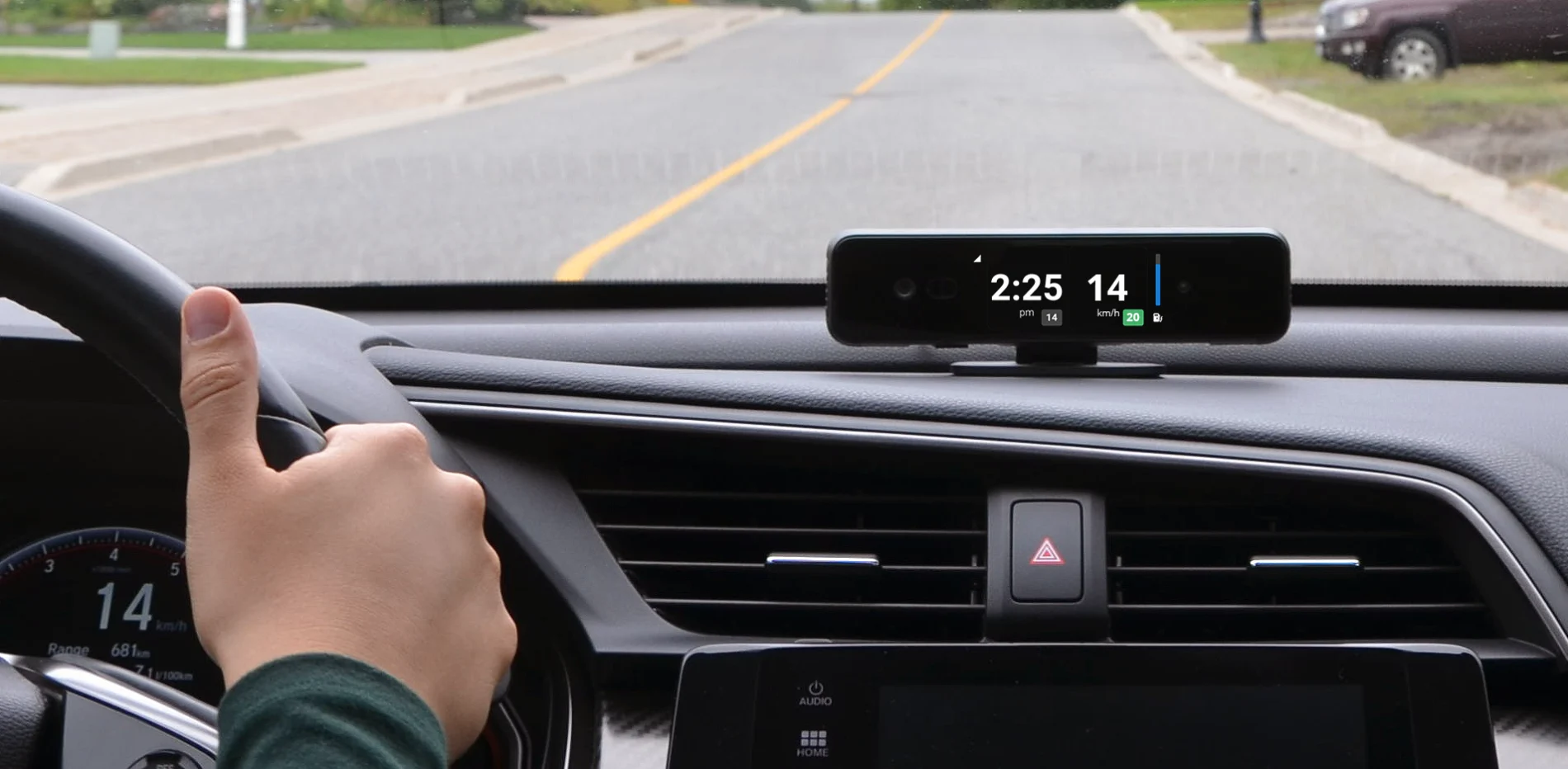
Unlocking the benefits of Video Telematics: How to make an evidence-based business case for implementation
Fleet management · Aug 18, 2023
When a car accidentally clipped a semi-truck owned by Ohio-based Home Run Trucking, the car’s driver filed a lawsuit against the trucking business. As a company executive
told Ohio’s WHIO TV News
in 2021, “This happens all the time,” and it’s the reason his team equipped every vehicle in their fleet with video telematics, specifically road-facing dash cameras.Thanks to footage of the incident, Home Run Trucking could prove the other driver was at fault. Lawsuit averted. Trucker’s name cleared. Company reputation protected.
How much money did that dash cam video clip save the company? It’s difficult to know. But with large monetary judgments in collision cases becoming increasingly common, particularly when plaintiffs claim pain and suffering, it’s clear that Home Run Trucking’s video telematics might have protected the business from a costly injustice.
As we’ll explain in this blog—and in more detail in our
guide to video telematics
—being able to prove your drivers’ innocence isn’t the only way your business can save by implementing dash cams across your vehicle fleet.So, if you’re interested in video telematics but not sure how best to demonstrate its value for your company, this blog will provide you with the evidence, strategic reasoning, and best practices to help you present a compelling case to key stakeholders, including your drivers.
Note: If you deploy a telematics solution (or any monitoring technology) for your vehicle fleet, you will need to notify your employees about the new solution as well as how and when you will be collecting data and how you will use it. This is a necessary step in staying compliant with
Personal Information Protection and Electronic Documents Act (PIPEDA) regulations
.Supporting your case for implementation
If you want to build a strong case for your company to adopt video telematics, you’ll need evidence demonstrating its value to your business. Fortunately, because video telematics is such a powerful solution, you can find plenty of evidence.
Here are just a few data points to help you build a compelling business case:
1. Reduce collisions
Research cited in
Heavy Duty Trucking
found that after adding dash cams to their vehicles, businesses saw a 34 per cent reduction in accidents in the first year and severe accidents declined by more than 50 per cent. One of the key reasons, the article explains, is that video footage helps improve the effectiveness of driver coaching by giving fleet managers and other supervisors more contextual insights into each driver’s behavior.
That theory is supported by evidence as well. A 2021
Nationwide Insurance report
cites data showing that when businesses can use dash cam footage to support their in-person driver coaching, safety-related events drop by 52 per cent. The report also finds that coaching sessions that don’t include video footage do not significantly reduce the number of safety-related events.2. Minimize vehicle depreciation and cost of ownership
Data shows that, in several ways, adding telematics to commercial fleets helps businesses extract more value from each vehicle.
A study by ABI Research
concluded that when a commercial vehicle is out of service for repairs, the vehicle downtime costs the company approximately US$760 each day.The right telematics solution will be monitoring your vehicles’ health status at all times—and immediately alerting you to any sign of trouble—so your team will be in a much better position to react quickly and fix small problems before they become downtime catastrophes.
But with the addition of video footage, provided by video telematics, your business can gain increased visibility into the behaviors (such as excessive idling or aggressive handling of the vehicle) that can lead to these costly problems. These video events can help your team become more proactive in their driver coaching to correct these behaviors.
3. Potential insurance savings
Research shows that video telematics can help businesses lower the overall costs of their commercial vehicles, especially due to insurance savings.
For example,
Work Truck Magazine
notes that commercial auto insurance companies deem video telematics so valuable that many insurers will lower premiums and deductibles “at least” 10 per cent annually for businesses using these solutions. When you consider the size of payouts that Home Run Trucking’s insurer might have been forced to pay, if they didn’t have the dash cam evidence, you can see why insurers are so willing to offer steep discounts for it.Download our free practical guide to video telematics
and learn more about navigating toward a smarter, safer, more sustainable future.

